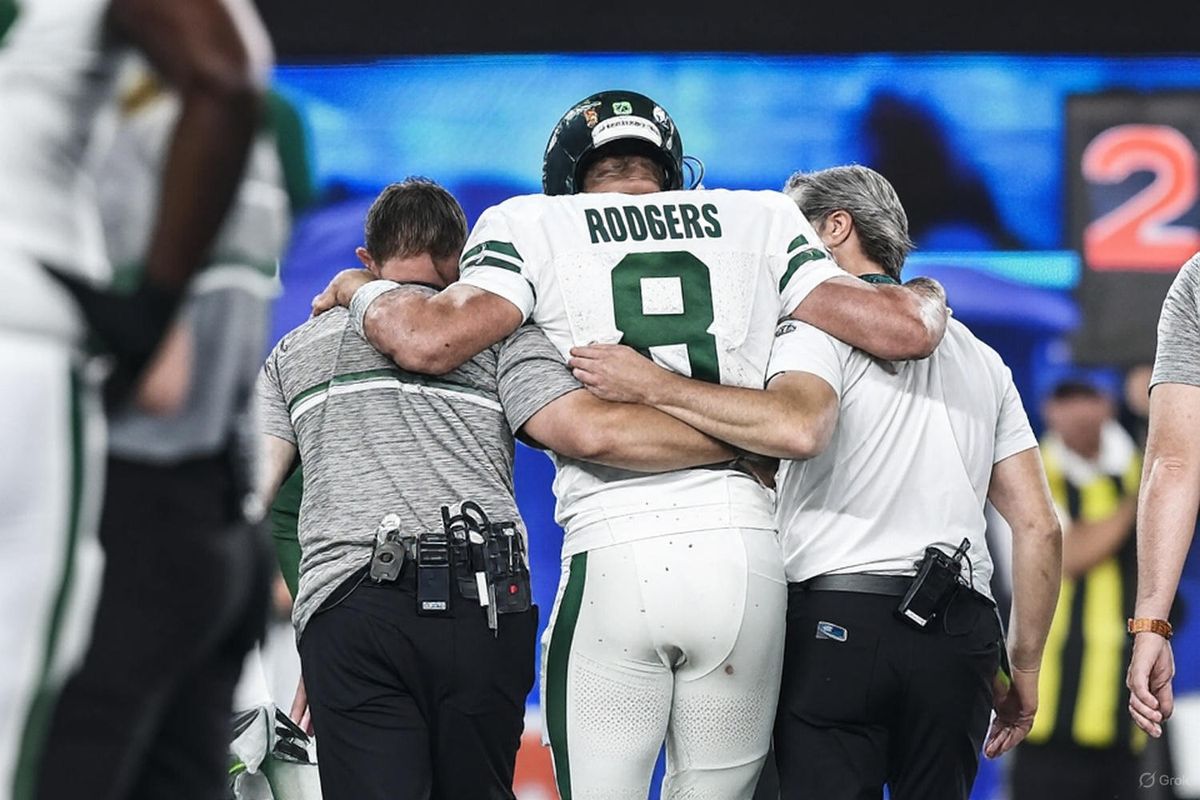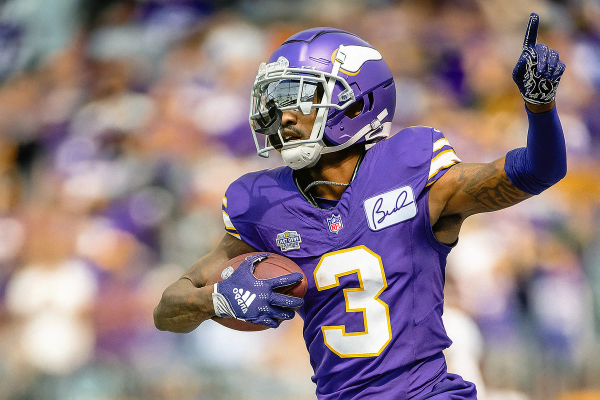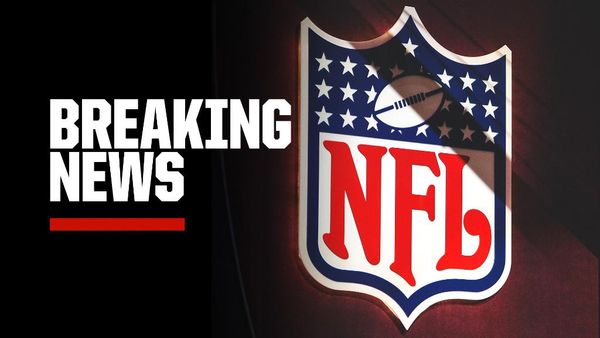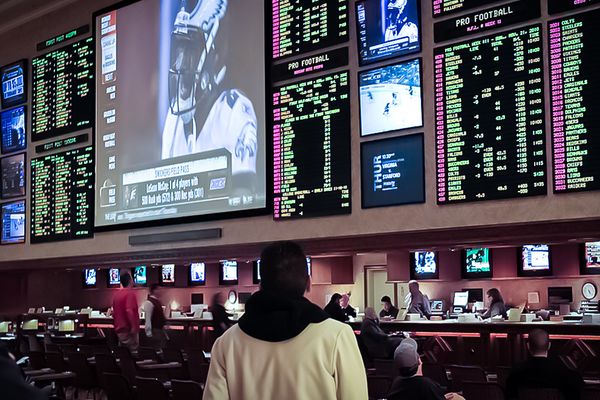Fade the Panic: Why Public Overreactions Create Your Best Value


James White
Co-Founder of HotTakes
The news breaks at 3:47 PM: star quarterback questionable with a shoulder injury, four hours before game time. Within minutes, your social media feeds explode with panic. "Season's over!" "Hammer the under!" "Fade them immediately!" The line moves three points in twenty minutes as recreational money floods one side.
Here's what sharp bettors know that everyone else misses: public panic creates the most profitable betting opportunities in sports. While the crowd is losing their minds over breaking news, professional money is quietly building positions on the other side. That emotional overreaction you're witnessing isn't just entertainment, it's your blueprint for finding value.
The Anatomy of Public Panic
Public panic in sports betting follows a predictable pattern that creates exploitable inefficiencies. When unexpected news breaks, casual bettors make immediate emotional decisions based on headlines rather than analysis. They see "star player questionable" and automatically assume the team is doomed, driving massive line movement that often overcorrects market value.
This overreaction happens because recreational bettors suffer from what psychologists call "loss aversion" paired with "availability heuristic." They remember the last time a similar situation went poorly and assume the worst-case scenario will repeat. Professional bettors, meanwhile, understand that most "breaking news" has less impact on actual game outcomes than the public believes.
Recent data from major sportsbooks shows that when a line moves more than 2.5 points due to injury news within 6 hours of game time, the original number covers 61% of the time. The public's panic consistently creates value on the side they're abandoning.
Why Crowds Make Terrible Decisions Under Pressure
The Echo Chamber Effect
Social media amplifies public panic exponentially. One injury report becomes a trending topic, which becomes a consensus opinion, which becomes "obvious" betting strategy. This echo chamber effect convinces casual bettors that their emotional reaction is actually analytical insight, leading to massive overreactions that create value for contrarian players.
Understanding this dynamic is crucial for developing the kind of disciplined approach that prevents revenge betting after bad news. The psychological patterns we've explored in our analysis of how worst losses lead to even worse decisions show why maintaining systematic evaluation processes is essential for identifying actual impact versus perceived impact.
The same psychological patterns that cause analysis paralysis when researching routine games flip completely during breaking news situations. As we've discussed in our exploration of when too much research kills your edge, bettors who normally spend hours on research suddenly make instant decisions based on single tweets or injury reports without considering context, backup options, or historical precedents.
Information Asymmetry Exploitation
Professional bettors understand that initial reports are often incomplete or misleading. When news breaks about a "questionable" player, recreational money immediately assumes the worst, but sharp bettors know that "questionable" players actually play 70% of the time. This information gap creates immediate value for those who understand the actual probabilities behind injury designations.
Similarly, public panic often ignores situational factors that professional handicappers consider essential. This connects to our analysis of why primetime games create specific market inefficiencies that sharp money regularly exploits. Backup quarterbacks in primetime games historically perform better than expected due to simplified game plans and increased motivation. The public sees "backup QB" and panics, while sharp money sees "motivated player with nothing to lose in a nationally televised game."
Identifying Panic-Driven Value Opportunities
The Three-Point Rule
When breaking news moves a line more than three points within four hours of game time, it's almost always an overreaction worth fading. This rule holds especially true for player injuries, weather reports, and lineup changes. The public's immediate emotional response creates mathematical edges that disappear once markets have time to properly adjust.
Professional bettors use this pattern to identify what they call "panic spots," situations where public money has driven lines beyond reasonable value. These opportunities require quick action because sharp money typically corrects these inefficiencies within hours of the initial overreaction.
Historical Context Framework
Before fading public panic, smart bettors quickly research historical precedents for similar situations. How have teams performed in the past when their starting quarterback was ruled out four hours before kickoff? What happened the last three times this coach faced a primetime game with a backup signal-caller?
This historical analysis prevents contrarian betting from becoming automatic fade-the-public strategy. Sometimes public panic is justified, and understanding the difference between legitimate concern and emotional overreaction separates profitable contrarian plays from costly mistakes.
The key is developing systems that help you avoid the trap of becoming overconfident during winning streaks while maintaining the discipline to act quickly when genuine panic-driven value appears. Our recent exploration of why hot streaks lead to cold reality checks demonstrates how maintaining emotional discipline applies whether you're riding high or identifying contrarian opportunities.
Timing the Contrarian Entry
The best panic-fade opportunities often require patience rather than immediate action. Public money typically creates the most extreme line movement 2-4 hours after news breaks, as social media amplifies the initial reaction and recreational bettors have time to place their emotional wagers.
Smart contrarian players wait for maximum panic before taking the other side. This timing strategy maximizes the edge created by public overreaction while avoiding the risk of catching falling knives when news is still developing.
Situational Awareness Factors
Not all public panic creates betting value. Late-season games between teams fighting for playoff spots generate more legitimate concern than early-season matchups between rebuilding franchises. Understanding context helps separate profitable contrarian opportunities from situations where public concern might actually be justified.
Weather panic, for instance, often creates massive overreactions in totals betting. Public bettors see "30 mph winds" and immediately hammer the under, but professional analysis considers wind direction, team passing philosophies, and historical performance in similar conditions before determining actual impact.
Advanced Contrarian Strategies
The Fade-and-Hedge System
Experienced contrarian bettors often use a fade-and-hedge approach for maximum panic situations. They take initial positions against public money when lines move dramatically, then hedge portions of their exposure if additional information emerges that validates public concern.
This strategy allows them to profit from overreactions while limiting downside risk if breaking news turns out to be more significant than initially assessed. The key is sizing initial contrarian positions appropriately to allow for potential hedging without destroying profit margins.
Market Segment Analysis
Different betting markets react differently to breaking news, creating opportunities for sophisticated contrarian players. Player prop markets often overreact more dramatically than game spreads, while live betting markets during games create additional panic-fade opportunities as situations develop in real time. This market segment analysis builds on insights we've shared about how sportsbooks profit from fantasy football thinking in player prop markets.
Understanding these market dynamics helps identify where public panic creates the most exploitable value. The same injury news might create minimal edge in the spread market but massive opportunities in related player props or team totals. As we've explored in our analysis of why following "sharp" money isn't actually sharp, true edge comes from understanding market psychology rather than blindly following supposed professional action.
Practical Takeaways
The next time breaking news sends public bettors into panic mode, remember that emotional overreactions consistently create value for disciplined contrarian players. Wait for maximum panic before taking positions against public money, research historical precedents for similar situations to validate contrarian opportunities, and understand that timing and context determine whether public concern represents genuine risk or profitable overreaction.
Smart contrarian betting isn't about automatically fading every public position. It's about recognizing when emotions are driving decisions instead of analysis, then positioning yourself to profit from the inevitable market correction that follows.
Bottom line: Public panic is predictable, profitable, and temporary. While crowds make emotional decisions based on incomplete information, disciplined contrarian players use systematic analysis to identify genuine value created by overreactions. The best opportunities often hide behind the loudest panic.
Ready to turn contrarian insights into real rewards while others panic? Join HotTakes, where your ability to see past the noise gets recognized, your contrarian approach gets amplified, and your disciplined strategy gets rewarded.
Continue the Journey
with More Expert
Insightsmore Articles

Steam vs. Mirage: How to Tell Real Line Movement from Market Noise in 60 Seconds
Real-Time Reactions
The Suspension Surprise: Why Character Issues Create the Most Predictable Value
Real-Time Reactions
The 30-Second News Filter: How to Instantly Spot Betting-Relevant Breaking News
Real-Time Reactions
The Closing Line Lie: Why Following 'Sharp' Money Isn't Actually Sharp
Market Inefficiencies